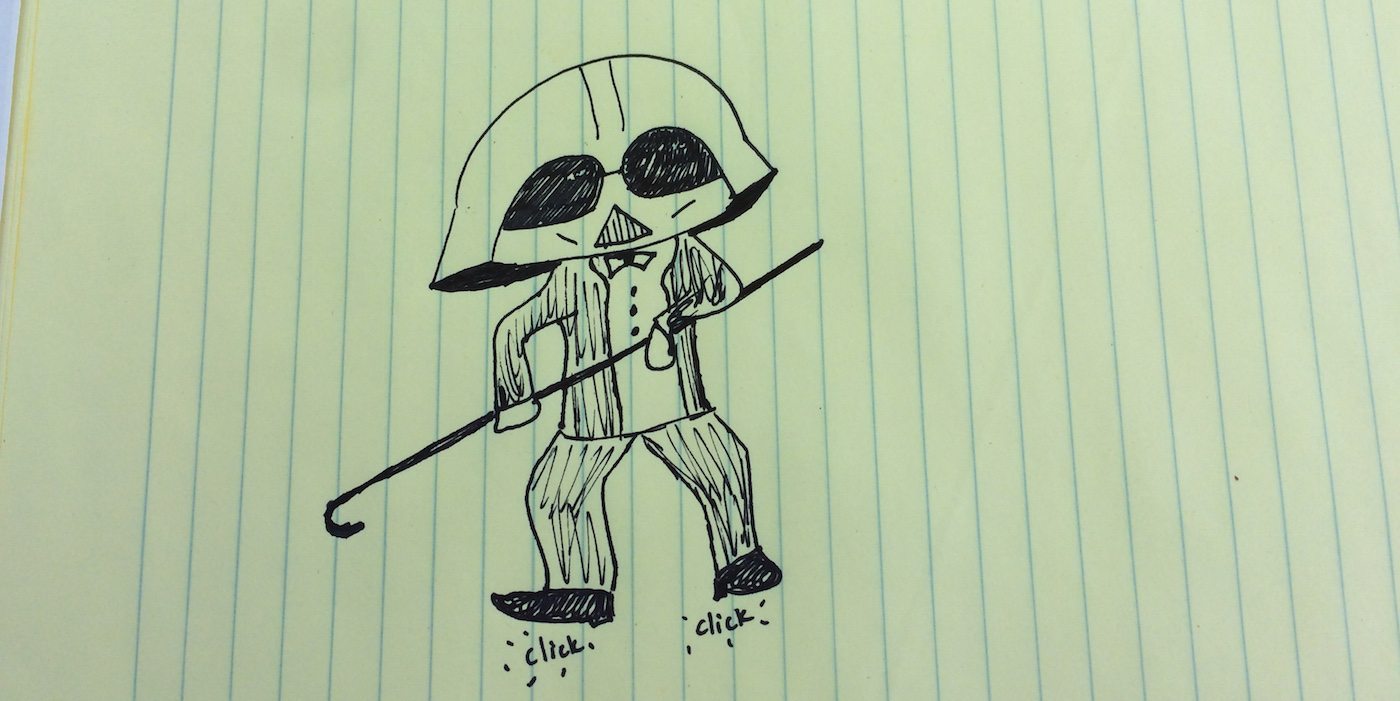
There are plenty of popular parenting styles out there–Helicopter parent (hovering, controlling), Tiger mom (demanding), Free-range parent (permissive). Somehow, none of these metaphors quite fits a parenting style that is demanding yet lazy, fair-minded and respectful, and generally harmless. For that, I would like to introduce Skunk Parenting.
A Few Skunk Facts
Skunks are small, omnivorous mammals. They can squeeze through tiny spaces (e.g., burrow under your deck or sneak into your backyard through the tiniest gap in your fence). They have poor eyesight but an excellent sense of smell and hearing. They’re smart. If you’re really interested in learning more, here you go. The one thing I do want to point out is that baby skunks (called kits) are blind when born and weaned at two months. Then, after they are weaned, they leave the den.
Skunks as a Metaphor for Life
Confession. I don’t like skunks. I’d like to appreciate them, but as a dog owner who has had to deal with the aftermath of several skunk encounters over the years, I reserve no fondness for skunk-kind. This fact, however, has had zero effect on skunks, who simply carry on with their lives, raising their kits and foraging for food. The skunks are utterly unperturbed by my feelings. There’s a lesson there, you know.
I can’t help but notice that my acceptance or rejection of skunk-kind seems to have some parallels to other societal troubles. I don’t have to embrace skunks (that’s sure to not go over well) or open my home to them, but it doesn’t mean I have the right to eliminate their existence because they inconvenience mine. Skunks are just trying to survive. This land is as much theirs as ours. And yet, am I so arrogant to claim that all my experiences must be as pristine as I want, that skunks can exist so long as I never have to see them and they leave me alone? Hmm.
Skunk Parenting
Skunks are smart. They’re generally harmless and curious, but it’s the smell they emit when threatened that makes them unpleasant to be around. Sure you could eliminate their spray glands, but for the sake of the metaphor let’s leave them intact.
With skunk parenting, you provide your kids an environment that is generally harmless and curious. You’re easy to get along with. You raise them to eat anything (sure, that could mean they’re omnivores, or just flexible). You have fun. Cuddle with the little stinkers. Punishment should stink for them but not be harmful long-term. I want my kids to stand up for themselves but not be aggressors. Just like skunks. The goal, after all, is for them to learn to be good, mature, self-sufficient adults that aren’t harmful to others.
But most importantly, unlike helicopter parents who feel compelled to orchestrate a perfect childhood and manage every detail of their children’s lives, a skunk parent teaches her babies necessary skills to survive and sends them away. And if they are reluctant to leave, stink them out; staying at home should be sufficiently uncomfortable for them to want to strike out on their own.
It’s one thing to care for your child, it’s quite another to coddle an adult. Skunks don’t get to go back to their mom’s nest and be fed when they’re perfectly capable of hunting for themselves.
Now that my kids are old enough to cook, they’re expected to do so. Once a week, they share the burden. If they have more time available, they can do more. While this philosophy is aimed at teaching them the skills they need to survive on their own, it also takes into account the fact that I’d like some leisure time, too, and don’t accept that they are somehow more deserving of relaxation than I am. Endless hours of gaming or watching television while I slave away in the kitchen offends me, whether I’m doing it or someone else is.
So if this sounds like you, you may be a skunk parent.



